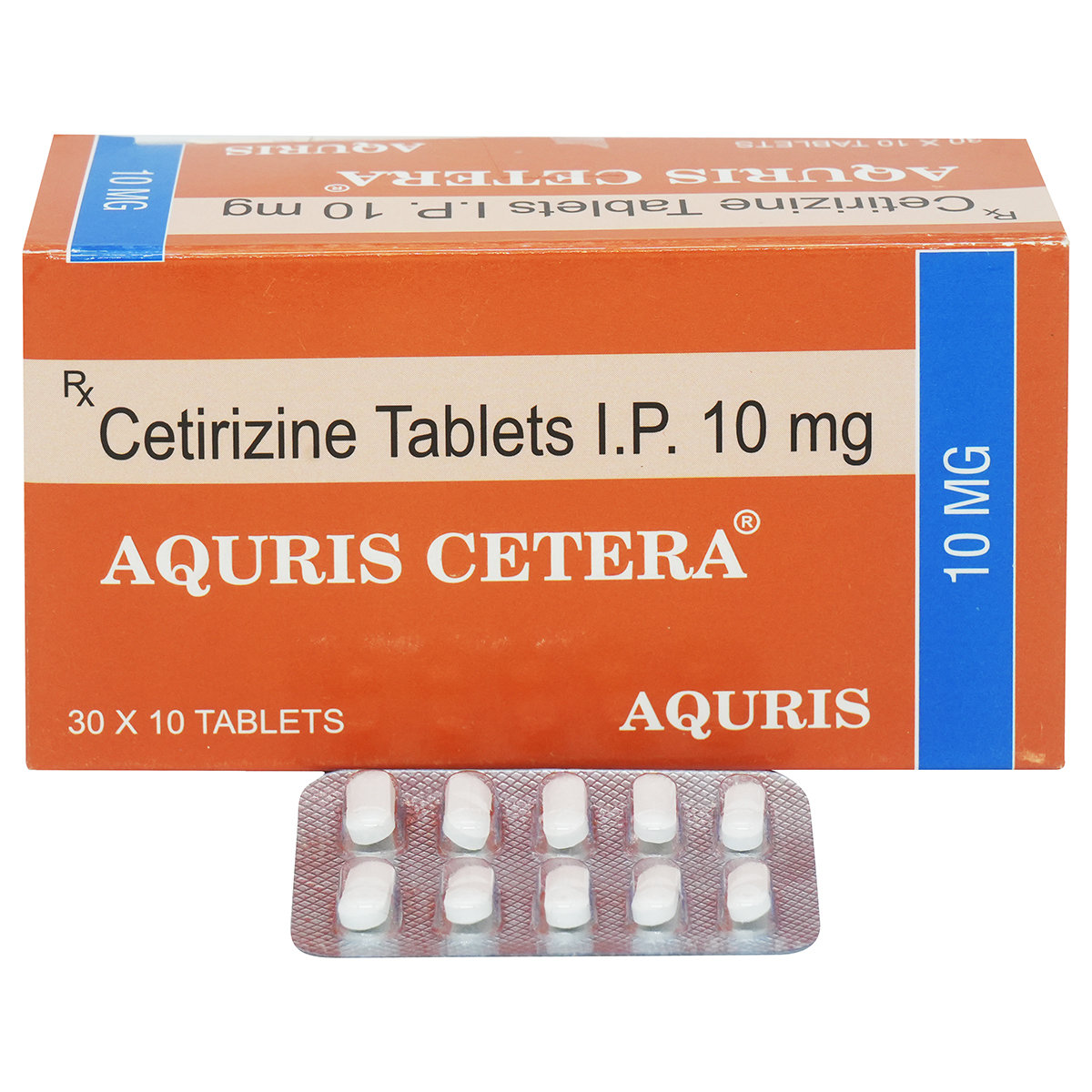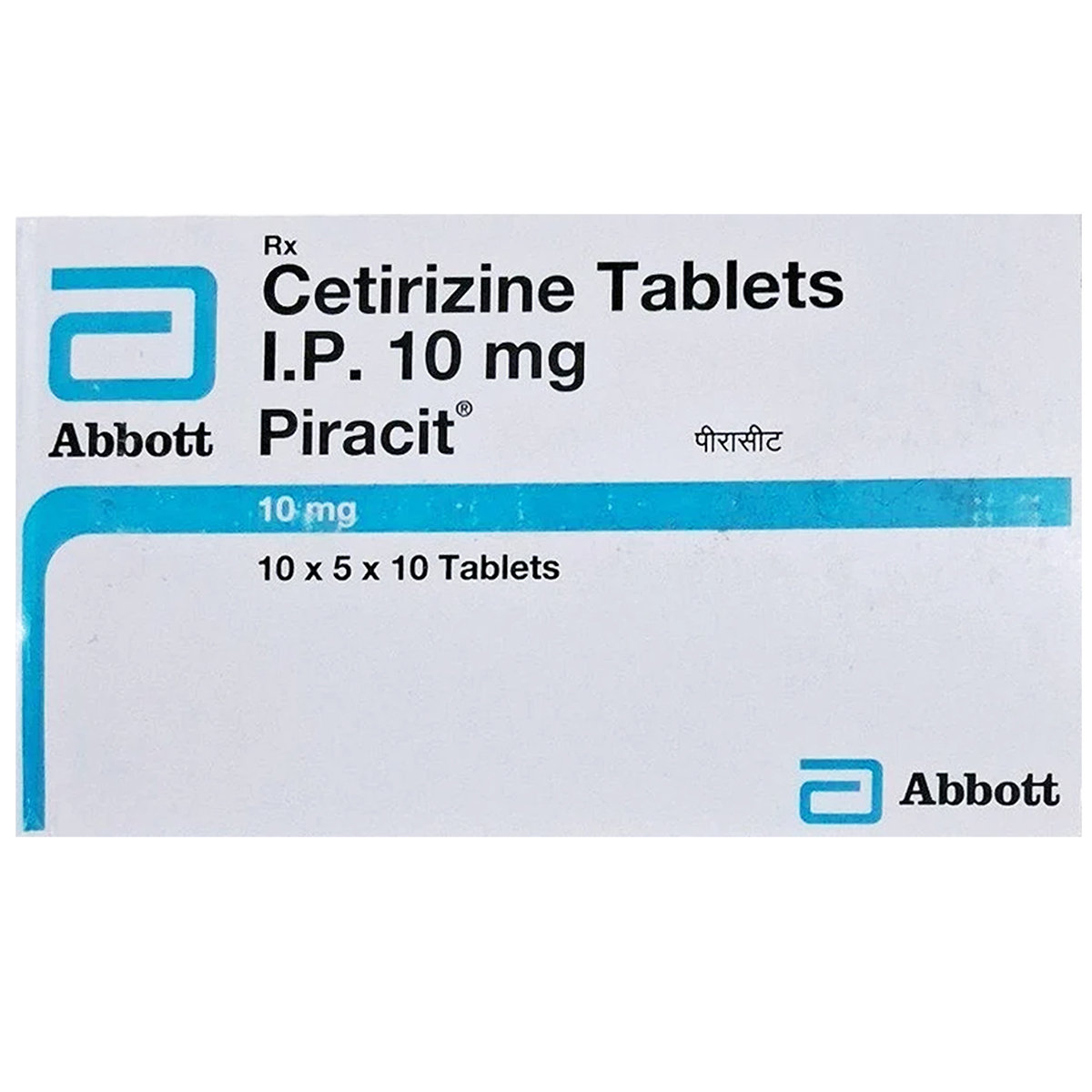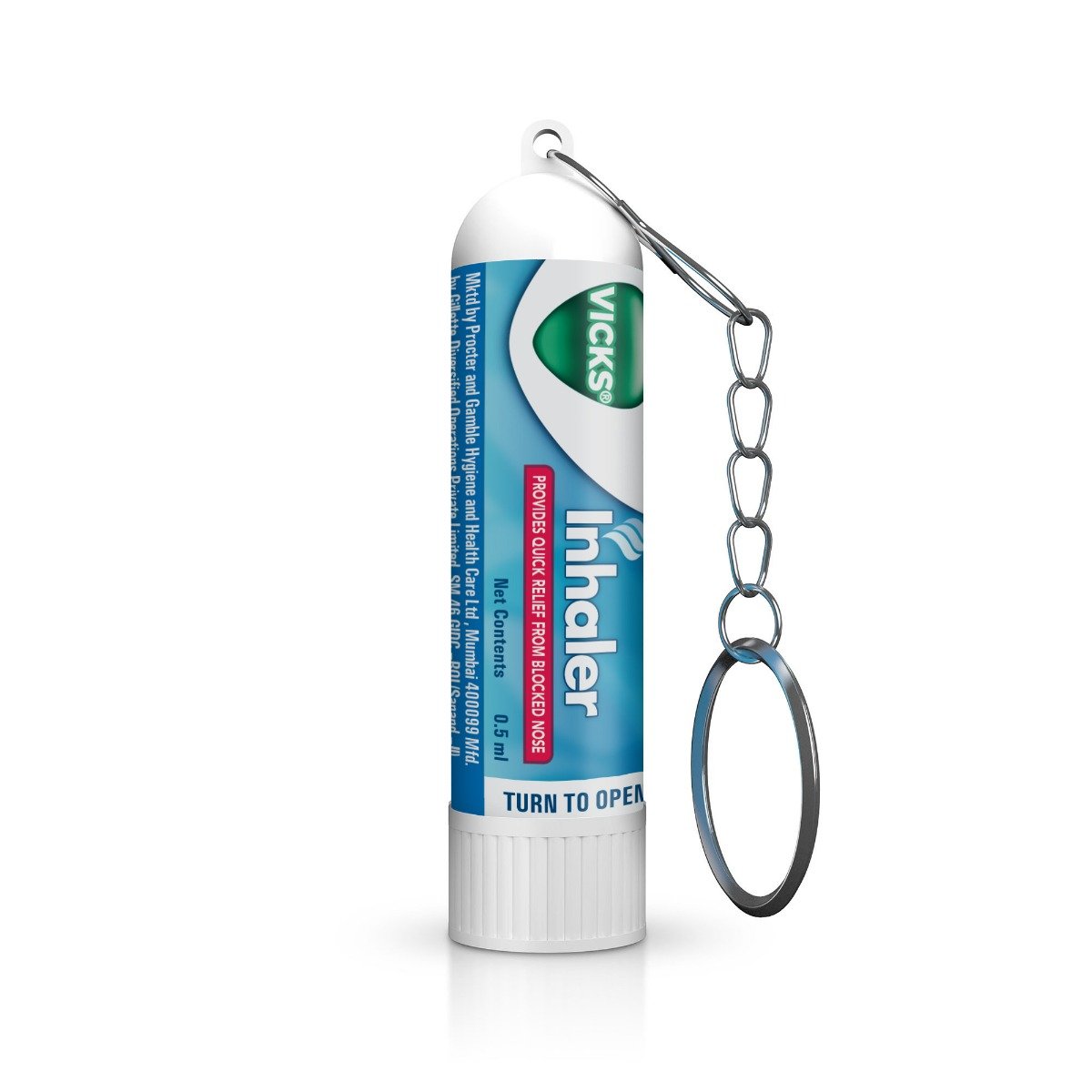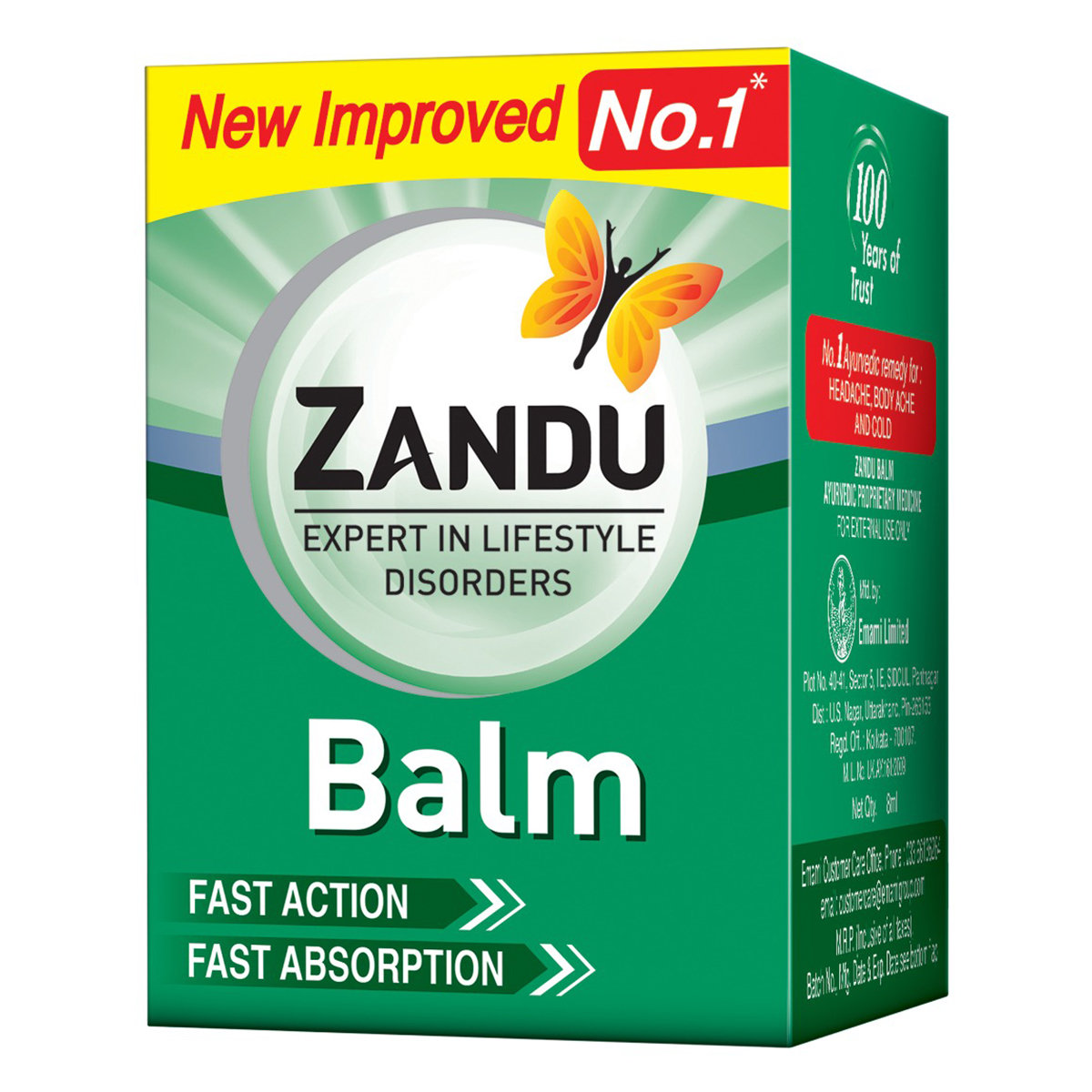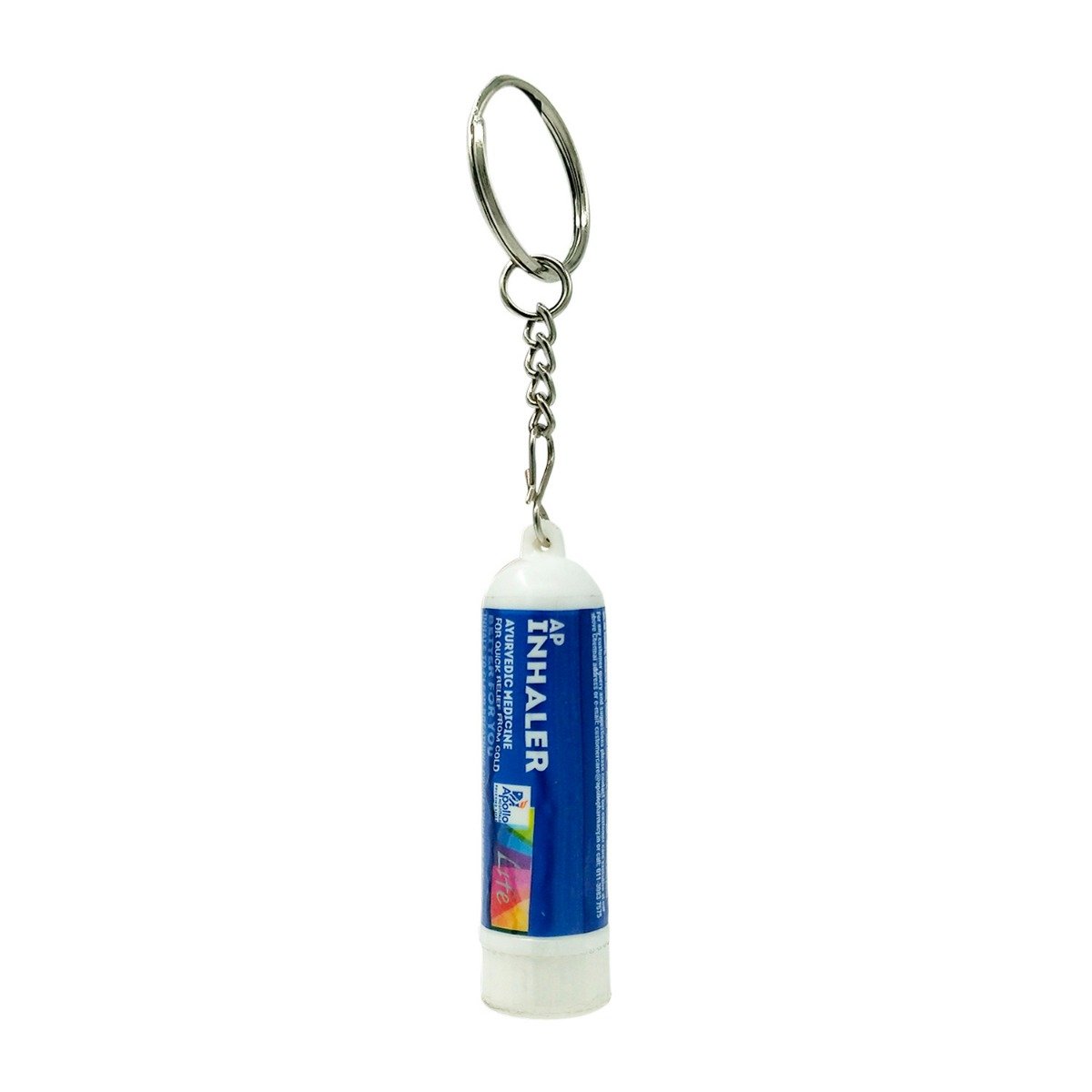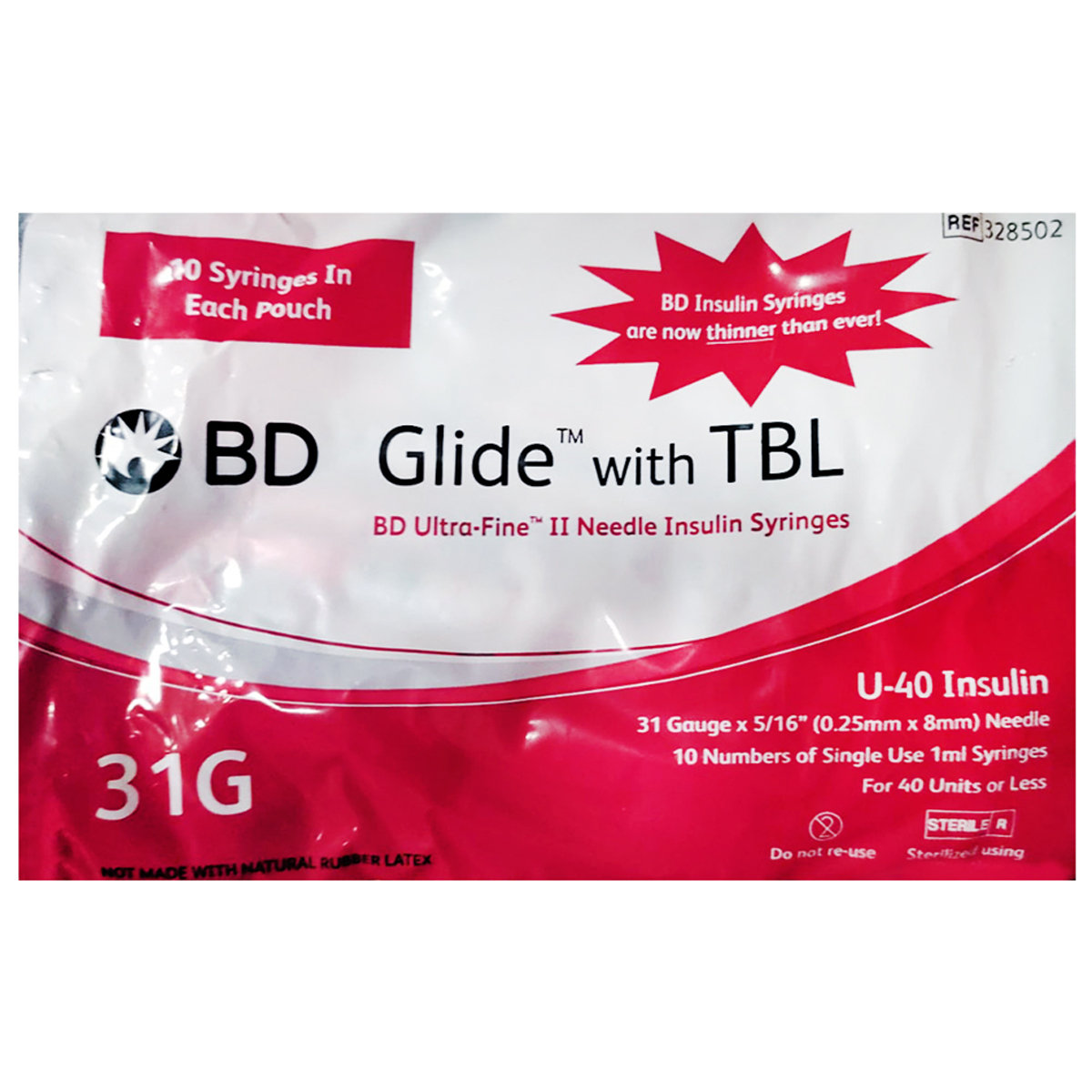TRIZ TABLET 10MG
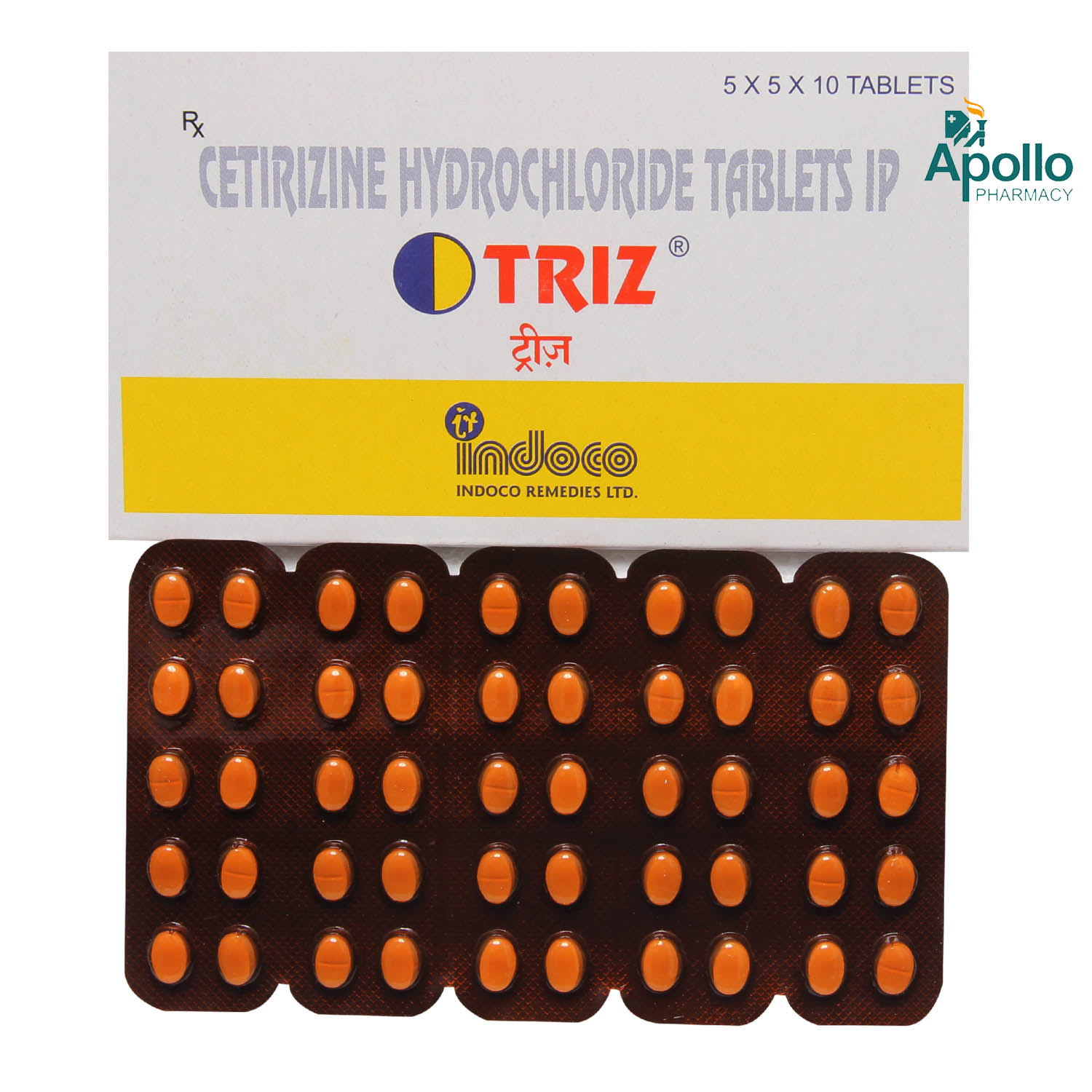


MRP ₹19.5
(Inclusive of all Taxes)
₹2.9 Cashback (15%)
TRIZ TABLET is used to treat allergies. It contains Cetirizine, which blocks the effects of a chemical messenger known as histamine, which is naturally involved in allergic reactions. It may cause some side effects such as tiredness, feeling sleepy, abdominal pain, headache, dizziness, dry mouth, sore throat, and nausea. Before starting this medicine, inform your doctor if you are pregnant, breastfeeding, taking any other medicines or have pre-existing medical conditions.
Know Your Delivery Time
Provide Delivery Location

Secure Payment

India's Most Trusted Pharmacy

Genuine Products
Composition :
Manufacturer/Marketer :
Consume Type :
Return Policy :
Expires on or after :
NPPA :
About TRIZ TABLET
TRIZ TABLET is used to treat allergies, such as hay fever (seasonal allergic rhinitis), round-the-year dust or pet allergies (perennial allergic rhinitis), and urticaria (swelling, redness, and itchiness of the skin).
TRIZ TABLET contains cetirizine (an antihistamine), which blocks the effects of a chemical messenger known as histamine, which is naturally involved in allergic reactions. It helps relieve allergy symptoms like a blocked/runny/itchy nose, red/watery eyes, and skin rashes.
TRIZ TABLET may cause side effects like feeling sleepy, abdominal pain, headache, dizziness, dry mouth, sore throat, and nausea. If the side effects persist or worsen, consult your doctor.
Do not take TRIZ TABLET if you are allergic to any of its components. Consult your doctor if you are pregnant or breastfeeding. Keep your doctor informed about your health condition and medications to prevent any interactions.
Uses of TRIZ TABLET
TRIZ TABLET is used to relieve allergy symptoms. The detailed uses of TRIZ TABLET are as follows:
- Allergic Rhinitis: TRIZ TABLET provides relief from allergic rhinitis symptoms, including sneezing, runny nose, and itchy or watery eyes.
- Chronic Urticaria: TRIZ TABLET helps to relieve symptoms of chronic urticaria, including itching and hives, providing comfort from this skin condition.
- Seasonal Allergies: TRIZ TABLET effectively manages seasonal allergy symptoms, such as those caused by pollen, providing relief from environmental allergens.
- Dust Mite Allergy: TRIZ TABLET helps also alleviate symptoms caused by dust mite allergies, reducing allergic reactions in sensitive individuals.
- Animal Dander Allergy: TRIZ TABLET also helps relieve symptoms caused by animal dander allergies, making it easier for people to be around pets without experiencing severe allergic reactions.

Have a query?
Directions for Use
- TRIZ TABLET can be taken with or without food as advised by your doctor.
- Follow your doctor's instructions on the dosage and timing of this medication.
- Swallow TRIZ TABLET as a whole with a glass of water.
- Do not crush, break, or chew it.
Medicinal Benefits
- TRIZ TABLET is used to treat and prevent allergic reactions by blocking the action of histamine, a chemical involved in allergies.
- It is suitable for adults and children aged two years and above.
- It provides relief from hay fever (seasonal allergic rhinitis).
- It helps manage dust or pet allergies (perennial allergic rhinitis).
- TRIZ TABLET treats urticaria (hives), which causes swelling, redness, and itchy skin.
- It relieves common allergy symptoms such as blocked, runny, or itchy nose; red, watery, or itchy eyes; skin rashes and itching.
- TRIZ TABLET improves overall comfort and quality of life in people with allergic conditions.
How TRIZ TABLET Works
Storage
- Avoid driving or operating machinery or activities that require high focus until you know how the medication affects you.
- Maintain a fixed sleeping schedule, create a relaxing bedtime routine and ensure your sleeping space is comfortable to maximize your sleep quality.
- Limit alcohol and caffeine as these may worsen drowsiness and disturb sleep patterns.
- Drink plenty of water as it helps with alertness and keeps you hydrated and for overall well-being.
- Moderate physical activity can improve energy levels, but avoid intense workouts right before bedtime.
- Hydrate your body: Drink enough water to prevent dehydration and headaches.
- Calm Your Mind: Deep breathing and meditation can help you relax and relieve stress.
- Rest and Recharge: Sleep for 7-8 hours to reduce headache triggers.
- Take rest: lie down in a quiet, dark environment.
- Cold or warm compresses can help reduce tension.
- Stay Upright: Maintain good posture to keep symptoms from getting worse.
- To treat headaches naturally, try acupuncture or massage therapy.
- Over-the-counter pain relievers include acetaminophen and ibuprofen.
- Prescription Assistance: Speak with your doctor about more substantial drug alternatives.
- Severe Headaches: Seek emergency medical assistance for sudden, severe headaches.
- Frequent Headaches: If you get reoccurring headaches, consult your doctor.
- Headaches with Symptoms: Seek medical attention if your headaches include fever, disorientation, or weakness.
- Rest well; get enough sleep.
- Eat a balanced diet and drink enough water.
- Manage stress with yoga and meditation.
- Limit alcohol and caffeine.
- Physical activities like walking or jogging might help boost energy and make you feel less tired.
- Inform your doctor about dizziness symptoms. They may adjust your medication regimen or prescribe additional medications to manage symptoms.
- Follow your doctor's instructions for taking medication, and take it at the same time every day to minimize dizziness.
- When standing up, do so slowly and carefully to avoid sudden dizziness.
- Avoid making sudden movements, such as turning or bending quickly, which can exacerbate dizziness.
- Drink plenty of water throughout the day to stay hydrated and help alleviate dizziness symptoms.
- If you're feeling dizzy, sit or lie down and rest until the dizziness passes.
- Track when dizziness occurs and any factors that may trigger it, and share this information with your doctor to help manage symptoms.
- Inform Your Doctor: Notify your doctor immediately about your diarrhoea symptoms. This allows them to adjust your medication or provide guidance on managing side effects.
- Stay Hydrated: Drink plenty of fluids to replace lost water and electrolytes. Choose water, clear broth, and electrolyte-rich drinks. Avoid carbonated or caffeinated beverages to effectively rehydrate your body.
- Follow a Bland Diet: Eat easy-to-digest foods to help firm up your stool and settle your stomach. Try incorporating bananas, rice, applesauce, toast, plain crackers, and boiled vegetables into your diet.
- Avoid Trigger Foods: Steer clear of foods that can worsen diarrhoea, such as spicy, fatty, or greasy foods, high-fibre foods, and dairy products (especially if you're lactose intolerant).
- Practice Good Hygiene: Maintain good hygiene to prevent the spread of infection. To stay healthy, wash your hands frequently, clean and disinfect surfaces regularly, and avoid exchanging personal belongings with others.
- Take Anti-Diarrheal Medications: If your doctor advises, anti-diarrheal medications such as loperamide might help manage diarrhoea symptoms. Always follow your doctor's directions.
- Keep track of your diarrhoea symptoms. If they don't get better or worse or are accompanied by severe stomach pain, blood, or dehydration signs (like extreme thirst or dark urine), seek medical help.
- If you experience persistent or severe malaise (a general feeling of discomfort, illness, or unease) after taking medication, seek medical attention immediately.
- Inform your doctor about the medication you're taking and the symptoms you're experiencing.
- Your treatment plan may be modified, which may include adjusting the dosage, substituting with an alternative medication, or discontinuing the medication. Additionally, certain lifestyle changes may be recommended to help manage symptoms.
- To manage malaise symptoms, follow your doctor's advice, such as getting plenty of rest, staying hydrated, and practicing stress-reducing techniques.
- Track your symptoms regularly and report any changes or concerns to your healthcare provider to ensure the malaise is managed effectively.
- Preventing Vomiting (Before it Happens)
- Take medication exactly as prescribed by your doctor. This can help minimize side effects, including vomiting.
- Having a small meal before taking your medication can help reduce nausea and vomiting.
- Talk to your doctor about taking anti-nausea medication along with your prescribed medication.
- Managing Vomiting (If it Happens)
- Try taking ginger in the form of tea, ale, or candy to help alleviate nausea and vomiting.
- What to Do if Vomiting Persists
- Consult your doctor if vomiting continues or worsens, consult the doctor for guidance on adjusting your medication or additional treatment.
What if I have taken an overdose of TRIZ TABLET
Drug Warnings
- Do not take TRIZ TABLET if you are allergic to any of its components.
- Tell your doctor if you are pregnant, plan to become pregnant, or are breastfeeding.
- If you become pregnant while taking TRIZ TABLET, consult your doctor.
- Please inform your doctor if you have a problem passing urine, epilepsy (fits), liver or kidney problems.
- Patients should be cautioned against getting engaged in work which requires too much mental alertness, like operating machinery or driving a motor vehicle, after intake of TRIZ TABLET as it may cause sleepiness/dizziness.
- Concurrent use of TRIZ TABLET with alcohol or other antidepressants should be avoided as it can reduce your mental alertness.
- Let your doctor know if you are taking any other medicines, including supplements or herbal products.
Drug-Drug Interactions
Drug-Drug Interactions
Login/Sign Up
Co-administration of Triz Tablet 10mg with esketamine may increase the side effects.
How to manage the interaction:
Although there is an interaction, Triz Tablet 10mg can be taken with esketamine if prescribed by the doctor. Consult the prescriber if you experience drowsiness, confusion, difficulty concentrating, and impairment in thinking, judgment, reaction speed, and motor coordination. Do not discontinue the medication without consulting a doctor.
Drug-Food Interactions
Drug-Food Interactions
Login/Sign Up
Diet & Lifestyle Advise
- Staying hydrated is vital for those with a cough or cold. Drinking liquids at room temperature can alleviate cough, runny nose, and sneezing.
- The immune system is affected by stress and raises the risk of being sick. An individual can exercise regularly, meditate, do deep breathing, and try progressive muscle relaxation techniques to relieve stress.
- Try to sleep 7-9 hours each night to stay fit and safe.
- It is advised to avoid contact with known allergens (allergy-causing agents) such as pollen, dust, etc. Certain food items are known to cause allergies in you.
- Maintain personal hygiene and keep your surroundings clean.
Habit Forming
Therapeutic Class
All Substitutes & Brand Comparisons
RX
Aquris Cetera 10 mg Tablet 10's
Auspharma Pvt Ltd
₹16
(₹1.21 per unit)
31% CHEAPERRX
CTZ 10 Tablet 15's
Psychotropics India Ltd
₹29
(₹1.45 per unit)
17% CHEAPERRX
Piracit Tablet 10's
Abbott India Ltd
₹19.5
(₹1.47 per unit)
16% CHEAPER
Alcohol
Unsafe
TRIZ TABLET may cause excessive dizziness when taken with alcohol, so intake should be avoided.
Pregnancy
Caution
TRIZ TABLET is generally safe to take in pregnancy. If you have concerns, discuss them with the doctor before taking TRIZ TABLET.
Breast Feeding
Caution
TRIZ TABLET should be used in breastfeeding mothers only if the benefits outweigh the risks.
Driving
Caution
Please drive with caution as TRIZ TABLET may cause sleepiness.
Liver
Caution
Limited information was available for the use of TRIZ TABLET in patients suffering from liver impairment. Please consult your doctor if you have any concerns regarding using TRIZ TABLET in patients with liver impairment. Your doctor will prescribe only if the benefits outweigh the risks.
Kidney
Caution
TRIZ TABLET to be taken with caution, especially if you have a history of kidney disease. The dose may have to be adjusted by your doctor. Patients with end-stage renal disease (ESRD) with less than 10 mL/min creatinine clearance or patients undergoing hemodialysis should not take TRIZ TABLET.
Children
Caution
Generally, TRIZ TABLET is not recommended for children below six years. The dose must be adjusted and guided by a child specialist in children above six years.
Heart
Limited data available for the use of TRIZ TABLET in heart patients. Please consult your physician.
Geriatrics
Caution
TRIZ TABLET is safe for use in geriatric patients if prescribed by the physician.
FAQs
TRIZ TABLET is used in the treatment of common allergies, hay fever, conjunctivitis, eczema, reactions to insect bites and stings, and skin rashes.
Hay fever is an allergy caused by outdoor or indoor allergens, such as pollen, dust mites, or tiny flecks of skin and saliva shed by cats, dogs, and other animals with fur or feathers (pet dander). It leads to cold-like symptoms (running nose, watery eyes).
TRIZ TABLET contains cetirizine (an antihistamine), which blocks the effects of a chemical messenger known as histamine, which is naturally involved in allergic reactions.
Depending upon the severity of allergic conditions due to allergens, TRIZ TABLET can be safely taken daily until you get complete relief as long as your doctor has advised you to take it.
TRIZ TABLET is an antihistamine providing instant relief from allergic conditions; however, in some people, it may cause sleepiness and induce some drowsiness during the day. Hence, you are recommended to take it at night in case you are experiencing excessive drowsiness during the day.
Take the missed dose as soon as you remember. If it is almost time for your next dose, wait until then to take TRIZ TABLET and skip the missed dose. Do not take extra medicine to make up for the missed dose.
You should not take TRIZ TABLET if you have had an allergic reaction to TRIZ TABLET, food additives containing E218 or E216, are intolerant to lactose or sorbitol, have liver or kidney failure, epilepsy (fits), or difficulty in peeing. Tell your doctor that you are taking TRIZ TABLET and have booked an allergy test, as it might affect the diagnostic result.
No, TRIZ TABLET should not be taken if you are intolerant to sugar; please get in touch with your doctor before taking TRIZ TABLET to avoid any unpleasant side effects.
TRIZ TABLET will start to work within one hour after you take it. It provides allergy relief for 24 hours.
The most common side effect of cetirizine is feeling sleepy and tired.
It's best to take TRIZ TABLET only for as long as necessary, depending on the medical condition being treated. Follow dosage guidelines as directed by the physician.
Yes, TRIZ TABLET can be taken with paracetamol if necessary. No interactions were found between cetirizine and Paracetamol.
TRIZ TABLET contains Cetirizine as an active ingredient.
TRIZ TABLET is not a steroid. It is an anti-allergic medication.
Both TRIZ TABLET and Fexofenadine are antihistamine class of drugs. TRIZ TABLET should never be taken together with Fexofenadine or with any other antihistamine medications. Antihistamine overdose may occur if multiple types of antihistamines are taken at the same time.
It will help if you don't spend too much time outside while the pollen count is high.
If you use TRIZ TABLET for an extended period of time, you are unlikely to have any negative consequences. However, it is advisable to take cetirizine for as long as necessary. If you take it on a regular basis for an extended period of time, there is a very minor probability of severe itching if you abruptly discontinue therapy.
No, do not crush, break, or chew the tablet. Swallow the medicine whole with water.
There is no evidence that consuming TRIZ TABLET reduces fertility in men or women. However, if you are trying to conceive, see a pharmacist or your doctor before taking it.
It's advisable to avoid alcohol when taking TRIZ TABLET because it can make you sleepy.
Yes, you can take TRIZ TABLET together with paracetamol or ibuprofen. However, it should be taken only as recommended by the doctor.
Please do not exceed the recommended dose, as it might cause an overdose. Signs and symptoms of an overdose of TRIZ TABLET may include severe drowsiness. In children, mental/mood changes (such as restlessness and irritability) may occur before drowsiness. Seek immediate medical attention if you observe any symptoms or think you have taken too much. Do this even if there are no signs of discomfort or poisoning.
Contraception is unaffected by TRIZ TABLET. However, if TRIZ TABLET causes you to vomit or have severe diarrhoea for more than 24 hours, your contraceptive tablets may not prevent pregnancy.
Country of origin
Manufacturer/Marketer address
Customers Also Bought
Disclaimer
Author Details
We provide you with authentic, trustworthy and relevant information
Buy best Anti Allergic Drugs products by
Cipla Ltd
Micro Labs Ltd
Sun Pharmaceutical Industries Ltd
Alkem Laboratories Ltd
Mankind Pharma Pvt Ltd
Lupin Ltd
Dr Reddy's Laboratories Ltd
Leeford Healthcare Ltd
Intas Pharmaceuticals Ltd
East West Pharma India Pvt Ltd
Glenmark Pharmaceuticals Ltd
Abbott India Ltd
Morepen Laboratories Ltd
Ajanta Pharma Ltd
Kivi Labs Ltd
Alembic Pharmaceuticals Ltd
Aristo Pharmaceuticals Pvt Ltd
Canixa Life Sciences Pvt Ltd
Hetero Drugs Ltd
Macleods Pharmaceuticals Ltd
Systopic Laboratories Pvt Ltd
Torrent Pharmaceuticals Ltd
FDC Ltd
Medishri Healthcare Pvt Ltd
Zuventus Healthcare Ltd
Zydus Cadila
Hegde & Hegde Pharmaceutica Llp
Indoco Remedies Ltd
Zee Laboratories Ltd
Elder Pharmaceuticals Ltd
Galcare Pharmaceuticals Pvt Ltd
Indchemie Health Specialities Pvt Ltd
Intra Life Pvt Ltd
Klm Laboratories Pvt Ltd
Med Manor Organics Pvt Ltd
Sanofi India Ltd
Wockhardt Ltd
Rapross Pharmaceuticals Pvt Ltd
Unison Pharmaceuticals Pvt Ltd
Biocute Life Care
Corona Remedies Pvt Ltd
Eumedica Pharamceuticals
Indiabulls Pharmaceuticals Pvt Ltd
Ipca Laboratories Ltd
Koye Pharmaceuticals Pvt Ltd
Vasu Organics Pvt Ltd
Auspharma Pvt Ltd
Biochem Pharmaceutical Industries Ltd
Cadila Pharmaceuticals Ltd
Entod Pharmaceuticals Ltd
Fourrts India Laboratories Pvt Ltd
Hetero Healthcare Pvt Ltd
Olcare Laboratories Pvt Ltd
Talent India Pvt Ltd
Troikaa Pharmaceuticals Ltd
Akumentis Healthcare Ltd
Alienist Pharmaceutical Pvt Ltd
Amwill Healthcare Pvt Ltd
Bayer Pharmaceuticals Pvt Ltd
Capital Pharma
Cnx Health Care Pvt Ltd
Dolvis Bio Pharma Pvt Ltd
Gladstone Pharma India Pvt Ltd
Heal (India) Laboratories Pvt Ltd
Knoll Healthcare Pvt Ltd
Lividus Pharmaceuticals Pvt Ltd
Oaknet Healthcare Pvt Ltd
Rockmed Pharma Pvt Ltd
Zydus Healthcare Ltd
Apex Laboratories Pvt Ltd
Aurz Pharmaceutical Pvt Ltd
Cadila Healthcare Ltd
Dermajoint India
Eris Life Sciences Ltd
Levin Life Sciences Pvt Ltd
Life Gain Pharma Company
Medgen Drugs And Laboratories Pvt Ltd
Prevego Healthcare & Research Pvt Ltd
Pristine Pearl Pharma Pvt Ltd
Seagull Pharmaceutical Pvt Ltd
Skn Organics Pvt Ltd
Suraksha Pharma Pvt Ltd
TTK Healthcare Ltd
Uniza Healthcare Llp
Yaher Pharma
Yuventis Pharmaceuticals
Atopic laboratories Pvt Ltd
Brinton Pharmaceuticals Ltd
Dermacia Healthcare
GlaxoSmithKline Pharmaceuticals Ltd
Inex Medicaments Pvt Ltd
Unipark Biotech Pvt Ltd
Bellissa Pharmaceuticals Pvt Ltd
Biochemix Health Care Pvt Ltd
Biophar Lifesciences Pvt Ltd
Bioshine Healthcare Pvt Ltd
Bioswizz Pharmaceuticals Ltd
Comed Chemicals Ltd
DR Johns Lab Pharma Pvt Ltd
Delcure Life Sciences Ltd


